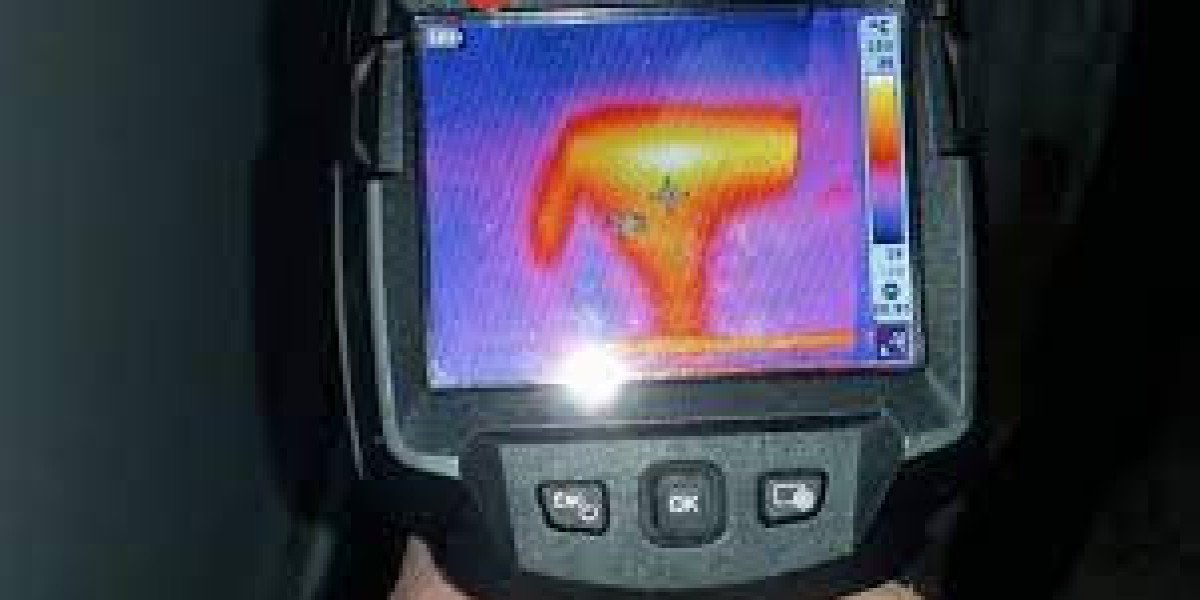Ice fishing can be an exhilarating experience, but it also comes with its own set of risks. Understanding the safety tips for ice fishing on frozen lakes is crucial for ensuring a safe outing. This article will guide you through essential gear and precautions to take while ice fishing.

Understanding Ice Thickness
Before you venture onto the ice, it is vital to assess its thickness. Generally, ice should be at least 4 inches thick for safe walking and fishing. If you are unsure about the ice conditions, consider these questions:
- Has the ice been tested recently?
- Are there any visible cracks or changes in color?
- What is the weather forecast for the day?
By answering these questions, you can make informed decisions about your safety on the ice. Remember, if the ice appears unsafe, it is better to stay off than to risk injury.
Essential Gear for Ice Fishing
When it comes to ice fishing safety tips, having the right gear is paramount. Here’s a list of essential items you should consider:
- Ice Auger: A reliable auger is necessary for creating holes in the ice.
- Ice Fishing Shelter: This provides protection from harsh weather conditions.
- Warm Clothing: Layering is key; wear thermal undergarments, insulated jackets, and waterproof boots.
- Safety Equipment: Carry a life jacket, ice picks, and a throw rope for emergencies.
- First Aid Kit: Always have a kit on hand for minor injuries.
These items not only enhance your fishing experience but also ensure your safety while on the ice.
Staying Aware of Your Surroundings
Another critical aspect of safety tips for ice fishing on frozen lakes is maintaining awareness of your surroundings. Always fish with a buddy, as this can significantly increase safety. If you find yourself in a precarious situation, having someone nearby can be invaluable. Additionally, keep an eye on the weather conditions and be prepared to leave the ice if conditions worsen.
Emergency Preparedness
In the event of an emergency, being prepared can make all the difference. Here are some steps to consider:
- Know the location of the nearest help or emergency services.
- Have a communication device, such as a cell phone or two-way radio.
- Learn basic ice rescue techniques.
For more detailed information on fishing techniques and safety, you can visit  . This resource provides valuable insights that can enhance your fishing experience.
. This resource provides valuable insights that can enhance your fishing experience.
Conclusion
By following these safety tips for ice fishing on frozen lakes, you can enjoy a safe and rewarding experience. Always prioritize safety, invest in the right gear, and stay informed about ice conditions. Happy fishing!







